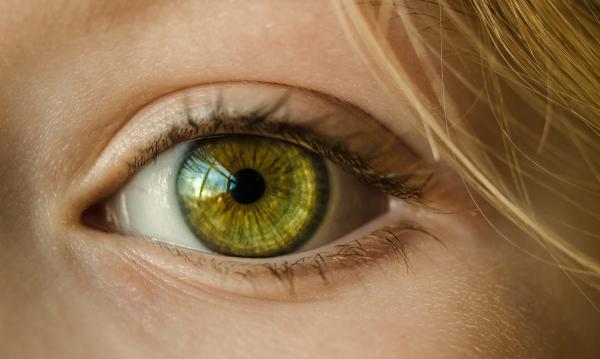

Where there is no vision, the people perish… _Proverbs 29:18
To become great, we need a vision of greatness. A celestial vision of who we are lifts us heavenward; an earthly vision leaves us in the depths of despair.
Bahá’u’lláh:
- Exalts and elevates our nature to the crest of glory and honor.
- Regards us as the choicest and noblest fruit of the world, the consummation and crown of all creation.
- Provides us with both an immediate and an eternal purpose and perspective.
- Unfolds an ever-advancing plan for our spiritual evolution.
- Clarifies God’s relation to us as well as our responsibility to Him, ourselves, and our kind.
- Provides us a compass by which we can direct the course of our spiritual destiny.
- Gives us a standard by which we can know ourselves and appreciate our nobility and greatness.
- Elevates our station and destiny to such lofty heights as only dreams can reach.
- Reminds us repeatedly to discover the divine within our souls:
O Son Of Being!
With the hands of power I made thee and with the fingers of strength I created thee; and within thee have I placed the essence of My light. Be thou content with it and seek naught else, for My work is perfect and My command is binding. Question it not, nor have a doubt thereof.98
O Son Of Spirit!
I created thee rich, why dost thou bring thyself down to poverty? Noble I made thee, wherewith dost thou abase thyself? Out of the essence of knowledge I gave thee being, why seekest thou enlightenment from anyone beside Me? Out of the clay of love I molded thee, how dost thou busy thyself with another? Turn thy sight unto thyself, that thou mayest find Me standing within thee, mighty, powerful and self-subsisting.99
When we see ourselves in this light, when we become truly aware of our divine destiny, of God’s infinite and unfading love in store for us, of His eternal and ever-advancing plan for our spiritual evolution, how can we curb our selves from visions of glory, from aspiring to hope, contentment, selflessness, and service?
A few friends watched a man catch fish. They noticed that when he caught big fish he threw them back into the river, but kept the smaller ones. When they asked him why, he said, “My frying pan is just big enough for the small fish. It can’t handle the big ones.” That is the attitude that prevents many people from appreciating the greatness of their own capacities.
As students need to receive a “vision of greatness” from their teachers, so do we from our divine Teachers. We live by a self-image, which rises to meet our expectations. “A stream cannot rise higher than its source.” As Drs. William Purkey and John Novak note:
One of the greatest functions of a teacher is to give his students a “vision of greatness.” The individual cannot or will not see and take advantage of opportunity, however physically available it may be, unless he is brought to believe that he has possibilities for growth and that this opportunity is a door for him.100
Like a sculptor who envisions something in a block of marble that others cannot see, the inviting teacher perceives possibilities in students that others miss. Good teachers…may be clearly identified from poor ones on the basis of their perceptions of people as able rather than unable, friendly rather than unfriendly, worthy rather than unworthy, dependable rather than undependable, helpful rather than hindering…101
Dr. Arthur Combs, one of the originators of “perceptual theory,” states that our behavior is always a product of how we see ourselves. Love and respect for others cannot flourish without love and respect for all God’s handiwork, including one’s own self. How can the one who hates himself love others? Noted psychologist, Dr. Nathaniel Branden writes:
It has become something of a cliché to observe that if we do not love ourselves, we cannot love anyone else. This is true enough, but it is only part of the picture. If we do not love ourselves, it is almost impossible to believe fully that we are loved by someone else. It is almost impossible to accept love. It is almost impossible to receive love. No matter what our partner does to show that he or she cares, we do not experience the devotion as convincing because we do not feel lovable to ourselves.102
Communication specialists, Adler and Towne state:
Extensive research shows that a person with high self-esteem is more likely to think well of others whereas someone with low self-esteem is likely to have a poor opinion of others. Your own experience may bear this out: Persons with low self- esteem are often cynical and quick to ascribe the worst possible motives to others, whereas those who feel good about themselves are disposed to think favorably about the people they encounter. As one writer put it, “What we find ‘out there’ is what we put there with our unconscious projections. When we think we are looking out a window, it may be, more often than we realize, that we are really gazing into a looking glass.”103
William James of Harvard stated that the greatest discovery of our time is that we can alter our lives by altering our attitude of mind.



